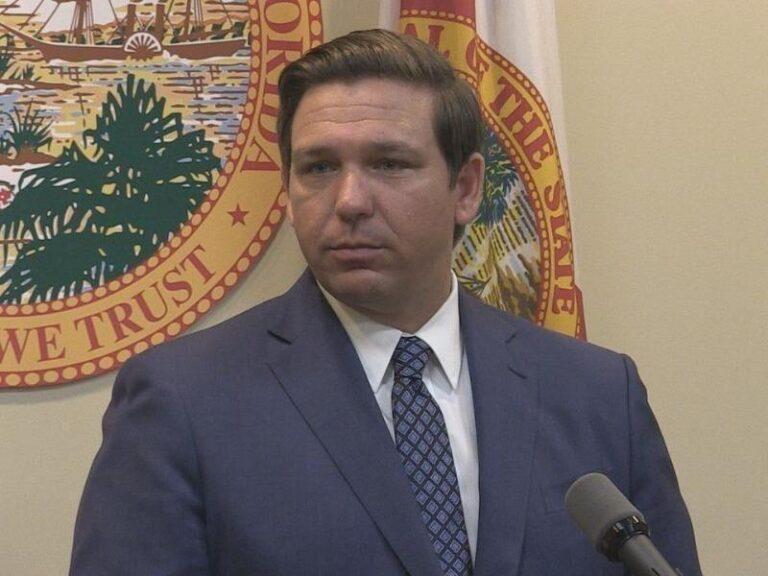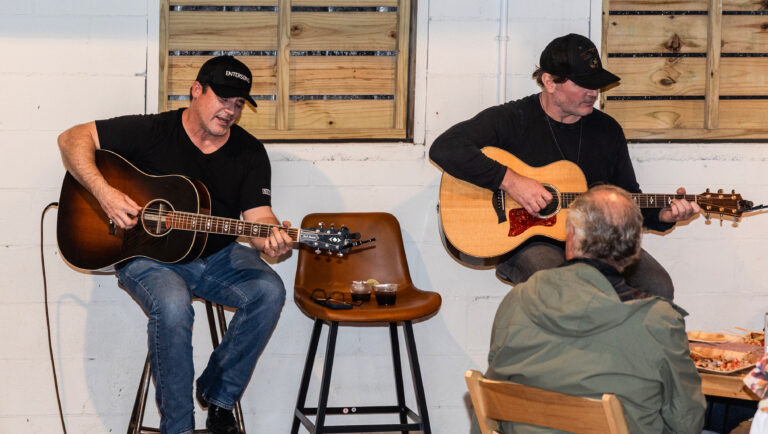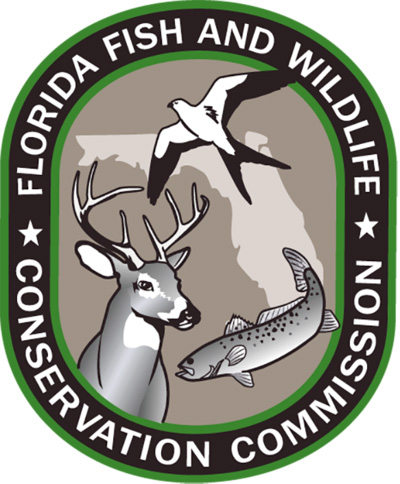Legacy Post Disclaimer
This is a #Legacy post imported from The Apalachicola Time’s previous platform. If you’re experiencing issues with this article, please email us at news@nevespublishing.com.
Legislators face closing bay, opening up lands
If Franklin County is going to have its say in the Florida legislature this spring, the two people who led the delegation hearing Tuesday night are going to voice it.
State Rep. Jason Shoaf, his first time as senior member of the duo, sat in front of a small audience in the commission chambers, together with newly elected state senator, Loranne Ausley, who was appearing for the first time in her new role.
They listened a lot more than they spoke, in fact they didn’t make their views clear on any of the issues being presented to them.
Not because they were masking their positions, but because they were asking what it is the county wants.
“This is a challenging time for all of us,” said Ausley, after Shoaf, now embarking on his second term, welcomed her enthusiastically.
“I know I have very big shoes to fill,” she said, her predecessor. Bill Montford, and to an even greater degree the senator before him, Al Lawson, now a congressman, both having grafted themselves warmly to the people in the land of Tate’s Hell and Apalachicola Bay.
Melissa Durham, who worked for both men, is now a staffer for Ausley, and both she and Shoaf introduced their entire staff each by name to the audience, which was attending in person and on Zoom.
“We are here to serve you,” said Ausley. “Tonight, is really about hearing from you all. Our doors are open to you.”
Shoaf introduced the big issue of the night, given that the next morning, Wednesday, was to be the meeting of the Florida Fish and Wildlife Conservation Commission when they would shut down the bay to wild-caught oystering for five years.
Commission Chairman Ricky Jones, who had gotten an earful of sentiment on the issue from his colleagues that morning, voiced their consensus, with a touch of his own family’s story.
“I have a father that’s 81, that’s all he’s ever done,” said Jones.
“In the plan to restore the wild caught oyster harvest there’s no real plan to help those being displaced in the industry,” he said. “Our board would really like to see something added to the plan that addresses how those displaced by the closure will be helped.”
Shoaf had arranged to have veteran FWC staffer Jim Estes, a critically important voice in the regulatory discussion, to take part on Zoom.
“The last meeting we discussed closure,” said Ausley, in the brief moments while Shoaf’s staffer brought Estes in. “To use some money to hire oystermen for the research project. A large concern is this hard and fast five years.”
The county wants the FWC rulemaking to build into it a workable mechanism by which the bay can be reopened in as little as three years, once the oyster populations start rebounding.
There are millions of dollars coming in from the National Fish and Wildlife Federation to fund the Florida State University working group, and the studies they’ll be coordinating. But that hasn’t sounded like an economic boon to working watermen and women as much as to graduate students and professors.
“There’s a large amount of money but they won’t pay for reemployment or training,’ Shoaf said, sharing that concern with the audience.
Estes said he has reached out to the Department of Economic Opportunity, and said the state agency plans to use federal dollars, from Hurricane Michael, to set up a training program, possibly in conjunction with Franklin’s Promise Coalition.
“We have applied for a grant to reimburse some fishermen for their losses. That happened because of Hurricane Michael,” Estes said. “As soon as we do, that will help some people a little bit.”
Jones had spoken of how fickle finding oysters can be and that harvesters don’t always trust the science as much as they do their tongs.
“Fishermen sometimes see things the scientists don’t,” said Estes. “I have learned more about oysters in the past few years from going out in the bay with fishermen and watching them and see what they’re doing.
“The fishermen have to be involved in our monitoring, and our monitoring has to be believable,” he said.
Jones asked that specifics over monitoring, and citizen involvement, be written in to the management plan.
“So the citizenry can know it’s being monitored properly,” he said. “They can take full knowledge that that’s an actual fact and not just an item added in a report.”
Jones stressed that without a vibrant seafood industry, Franklin County is relegated to a single industry, tourism, which has seen robust growth but is subject to fluctuations due to weather or natural disaster.
The county commission chairman asked that the Florida Department of Transportation make a comparatively slight modification to its five-year plan. “One of the things missing to that plan is damage to the north side of the causeway,” Jones said. “We want to fix that with a change order. We don’t want to ask them to revamp their plan because that will be a delay.”
He also asked that consideration be given to expanding local hunting and fishing opportunities in the thousands of acres on the eastern end of the county that the state recently acquired from the Mormon church. Jones also asked that the legislators look into the possibility getting a thousand or so acres up Highway 65 for possible development into an industrial park.
“We have to look at ways to try to diversify our economy,” he said. “When you’re challenged, you have to try to do something and sometimes you need a little help.”
Property Appraised Rhonda Skipper welcomed Ausley “to our piece of paradise,” and went on to stress, with facts and figures, the huge amount of state-owed land in the county/
“We love the fact that the state wants to preserve it,” she said, noting that close to 300,000 acres are state-owned, leaving only 41,352 parcels, some of those tax exempt, as they are owned by the schools, churches of local government.
“If you would help us to work to bring something into our county to help, that would be great,” Skipper said. “All of our children don’t want to grow up to clean houses for people to come to visit. There’s nowhere to grow; our growth areas are very, very limited. Franklin County is almost sold out as far as tax exempt property goes.”
She also stressed that problems exist with many stretches of road. “Our roads are not just horrible, they’re dangerous, and our kids travel those roads every day to school,” Skipper said. “It’s a shame, and something catastrophic is going to happen.”
Shoaf said he has proposed legislation that would require the state, “for every acre they purchase they have to sell one acre back of developable land.
“They didn’t like that that much,” he said.
The two legislators did not hear from any other constitutional officers, and the only other county officials who spoke out were Commissioner Bert Boldt, who spoke of aquaculture interests in his district, and Sold Waste Director Fonda Davis, who offered a friendly hello.
Both Apalachicola Mayor Kevin Begos and Carrabelle Mayor Brenda La Paz offered extended remarks.
Begos spoke of the improved shape of the city’s finances, including exponential growth in the city’s general fund, now at close to $2 million, as well as revenues available to the Community Redevelopment Agency, now at about $267,000.
He spoke of efforts to secure state grants and other help for improving the city’s aging stormwater system, as well as to fully meet the needs of its water and sewer plant, now largely governed by the terms of a consent order the city has with the Department of Environmental Protection.
He also shared a list of concerns from City Commissioner Adriane Elliott, who raised the issue of monies lost in state and local sales taxes by online revenue operation. Her list also included concern about the state’s decision to strip municipalities of their authority to regulate short-term rentals.
“Affordable housing is still a huge issue for us,” said Begos, noting that the city owns 70 single family lots and 100 acres of land out by the airport.
“We have property and we’re willing to work with developers and the state,” he said.
La Paz noted the city plans to submit a request for a roadway improvement to Bay Wood Drive, a heavily used two-mile roadway, in need of paving and roadside ditches, signage and striping.
“It’s milled asphalt in poor condition due to unmanaged stormwater,” she said. “Buses must access this roadway which at times has dangerous stormwater overflow.”
The mayor also touted the city’s general aviation airport, which she said is running seven years ahead of its forecasted growth.
“The funding does not meet this accelerated growth,” La Paz, noting a waiting list of 12 to secure hangar space.
“They’re willing to build their own hangars,” she said. “Additional hangars is the key to it all.”
La Paz also raised the issue of what effect the state’s recently approved hike in the minimum wage will have on government budgets.
“The cities and counties find themselves bracing for the inevitable. More than 10 mills may be an option,” she said.
The legislators also heard from St. George island resident Brenda Karlin, who outlined her advocacy for “The Convention of States,” which she described as an effort to impose fiscal restraints the federal government, to limit its power and jurisdiction, and to impose term limits.
One aspect of their advocacy, she said, would curtail local governments’ ability to “shut down the private sector for any reason,” including empowering them “to override any national mask or vaccine requirement.”
She said she also supports a change to how electors vote in the presidential election, giving their vote to the candidate who wins the most counties. “This prevents the state from being dominated by urban areas in presidential elections,” Karlin said.
This article originally appeared on The Apalachicola Times: Legislators face closing bay, opening up lands




Meet the Editor
David Adlerstein, The Apalachicola Times’ digital editor, started with the news outlet in January 2002 as a reporter.
Prior to then, David Adlerstein began as a newspaperman with a small Boston weekly, after graduating magna cum laude from Brandeis University in Waltham, Massachusetts. He later edited the weekly Bellville Times, and as business reporter for the daily Marion Star, both not far from his hometown of Columbus, Ohio.
In 1995, he moved to South Florida, and worked as a business reporter and editor of Medical Business newspaper. In Jan. 2002, he began with the Apalachicola Times, first as reporter and later as editor, and in Oct. 2020, also began editing the Port St. Joe Star.